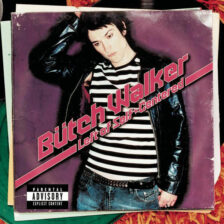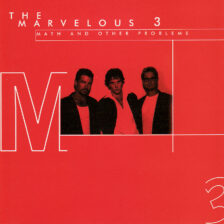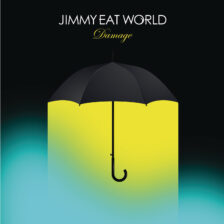“Just think, with Rock Vocal Power, you’ll never have to sound like this guy again!”
It’s hardly surprising that Butch Walker’s debut solo album—titled Left of Self-Centered and released by Arista Records in 2002—opens with a fair dose of sarcasm, cynicism, and self-deprecation. The above line comes from “Rock Vocal Power,” the introductory spoken-word track that kicks off the album. The song is satire, playing like a mock infomercial for an instructional audio series that can turn you into a famous rock singer for just six easy installments of $69.95(!) Butch makes fun of well-known and oft-imitated rock frontmen by offering to reveal their secrets (like Eddie Vedder’s “pickle-in-mouth technique,” or Kidd Rock’s “ever-popular hey-look-at-me-I-can’t-sing-so-run-me-through-the-computer” maneuver), and a fake Scott Stapp (the Creed guy) even provides a laugh-out-loud testimonial about going from a “bar singer playing Pearl Jam covers” to the frontman of his own original music band, all thanks to the series. The line quoted above is the final part of the comedy number, acting perfectly as a fade-in to the proper album opener (an energetic, sing-along rocker called “My Way”), and even years later, the bit is still pretty funny because its music-industry-oriented jokes have yet to go out of date. Unorthodox as it is in the opening slot, “Rock Vocal Power” is a patent Butch Walker number, a reminder of both how fickle the music industry is and of Butch’s refreshing decision as a performer to never take himself too seriously.
Read More “Butch Walker – Left of Self-Centered”







